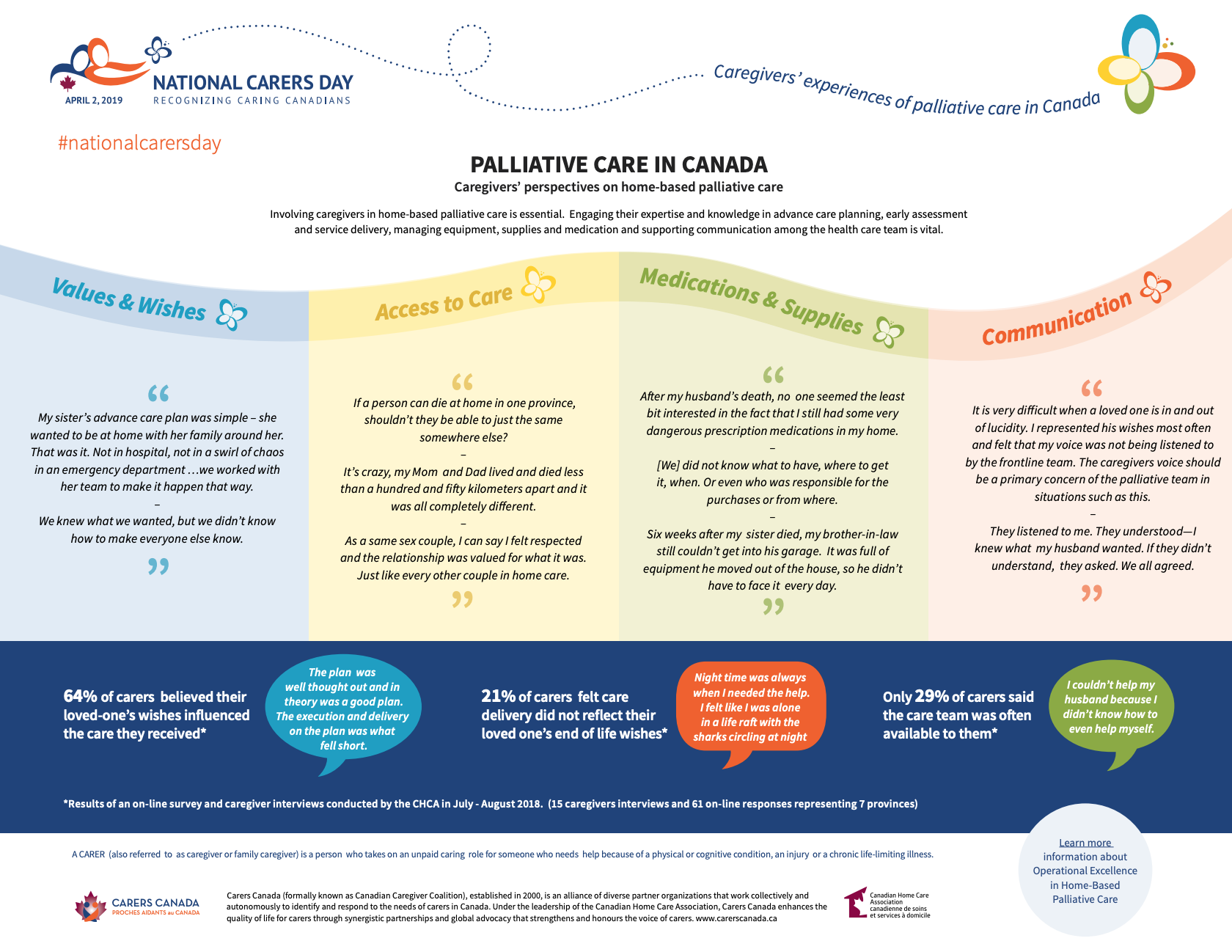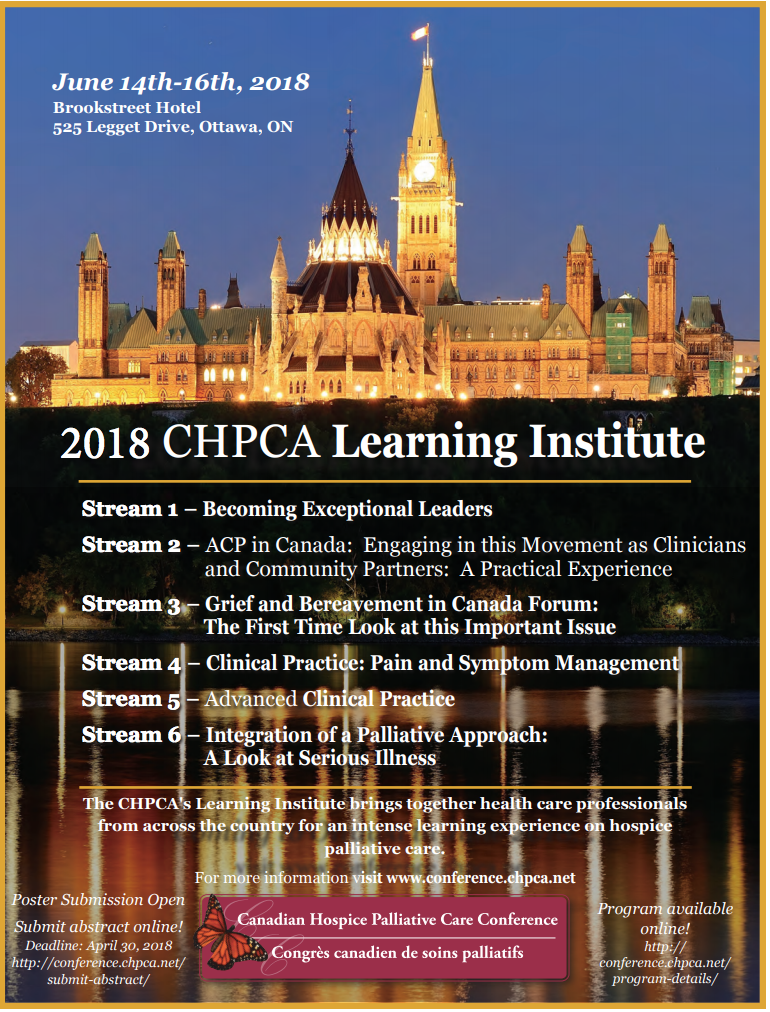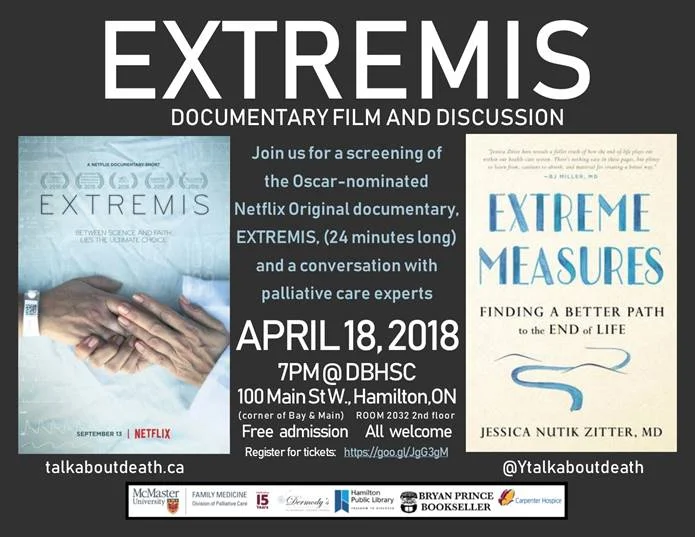“The key to providing decent palliative care is a little bit of basic planning. Four conditions – cancer, cardiovascular disease, COPD (lung disease) and diabetes – account for 70 per cent of deaths.
Those chronic conditions all have fairly predictable courses of illness in the terminal phase. You don’t get diagnosed with lung cancer or heart failure one day and die the next. It’s a months-long process and providing pain relief (palliation) should be standard, and a priority.
Two in three people receive home care in their last year of life. But only one in seven receive palliative care in the home.
That’s the failure point – and that’s what we need to fix.
There needs to be a commitment – philosophical and financial – to bringing palliative care to patients when they need it and where they want it.
Not everyone can (or should) be cared for at home in their final days. It’s back-breaking, emotionally-draining work for loved ones. Yet many would do so willingly and lovingly.
But they run up against a gross number of barriers, ranging from difficultly getting home visits from physicians (who are poorly remunerated for that work in many provinces), lack of nursing support (because of caps on home care hours), and absurd rules that mean drugs taken at home are not covered by medicare.
All the problems raised by the CIHI report are easily resolved. For example, having paramedics provide palliative care can eliminate transfers to hospitals. Sending doctors and nurses to homes or nursing homes can free up hospital beds – and save money in the process. Not to mention that, at the very least, people deserve a modicum of dignity in their dying days.
The whole point of palliative care is to improve quality of life. We shouldn’t let bureaucratic and structural inadequacies undermine that necessary and noble work.“ by the brilliant André Picard via The Globe and Mail


























